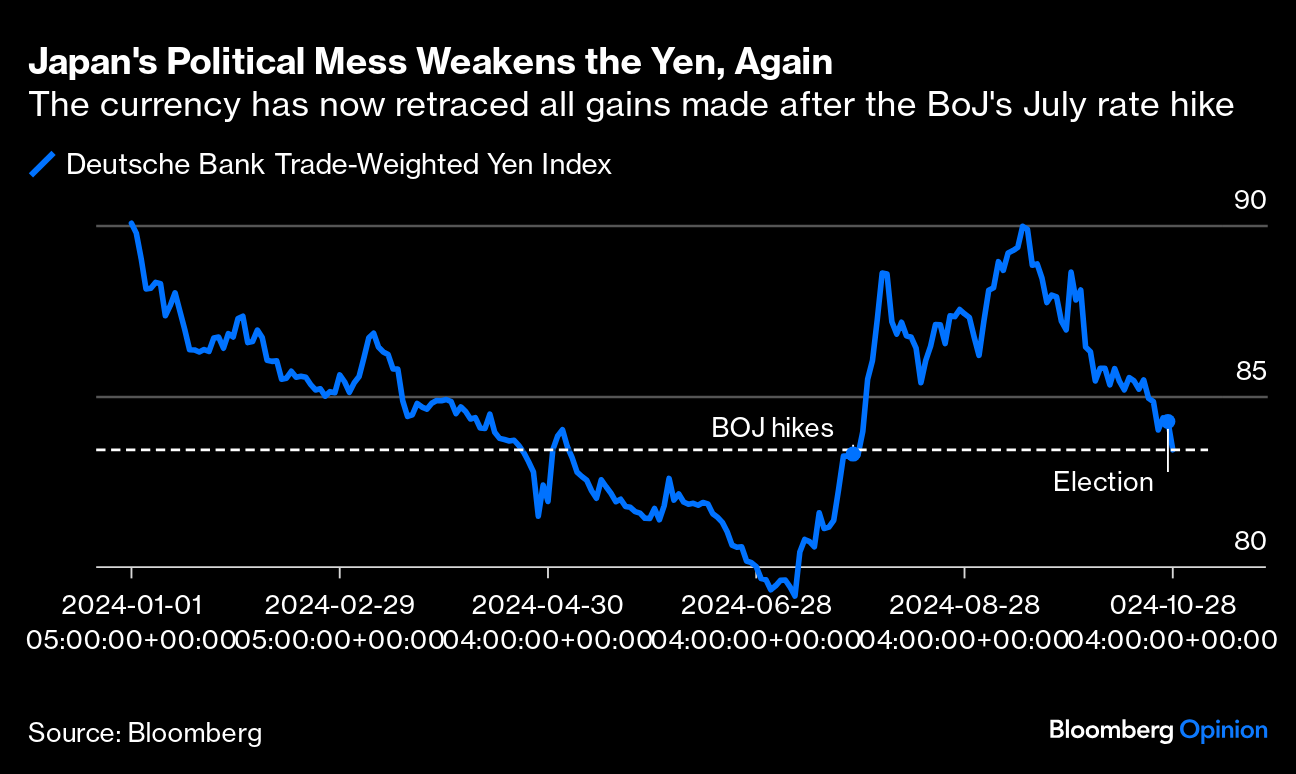Oil prices fell after Israel mounted a retaliatory attack against Iran early Friday morning, hitting several military targets near Tehran and the country’s western provinces. The price of the benchmark West Texas Intermediate (WTI) fell by 6% on Monday October 28 to $71.78/barrel (bbl).
The Israeli operation, which was carried in retaliation to the Iranian missile attack on Israel in early October, was limited in scope, and the Iranian reaction was equally muted. Several factors explain these developments, First, Israel was under heavy pressure from the Biden administration to avoid attacking either nuclear or oil facilities and to limit the scope of its operation. Second, Iran’s position has been severely weakened by the relentless attacks of Israel on its most powerful regional proxy, Lebanon’s Hezbollah. Finally, both the ineffective Iranian missile attack on Israel and the ease of the penetration of Iran’s defenses by Israeli military forces underscored Iran’s military weaknesses.
Oil markets quickly absorbed these developments, pushing prices down 12.6% from their October peak of $77.14 on 10/7. Market fundamentals--well-supplied oil markets, weak demand, as well as the strengthening of the transition from hydrocarbons to renewable energy—also play a role, and should continue to keep oil prices in the $65-75/bbl in the medium term.
While geopolitical risks remain muted, upside risks remain. On the Israeli side, disappointed hard-liners are putting pressure on Prime Minister Netanyahu to keep the pressure on Iran and launch more lethal strikes on Iran. On the Iranian side, hard-line elements in the IRGC could prevail on the Supreme Leader to harden Iran’s response. Finally, all eyes are on the U.S. election. A victory by former President Trump could be seen as a green light for an escalation by Israel, while a Harris presidency could inject a note of caution.




